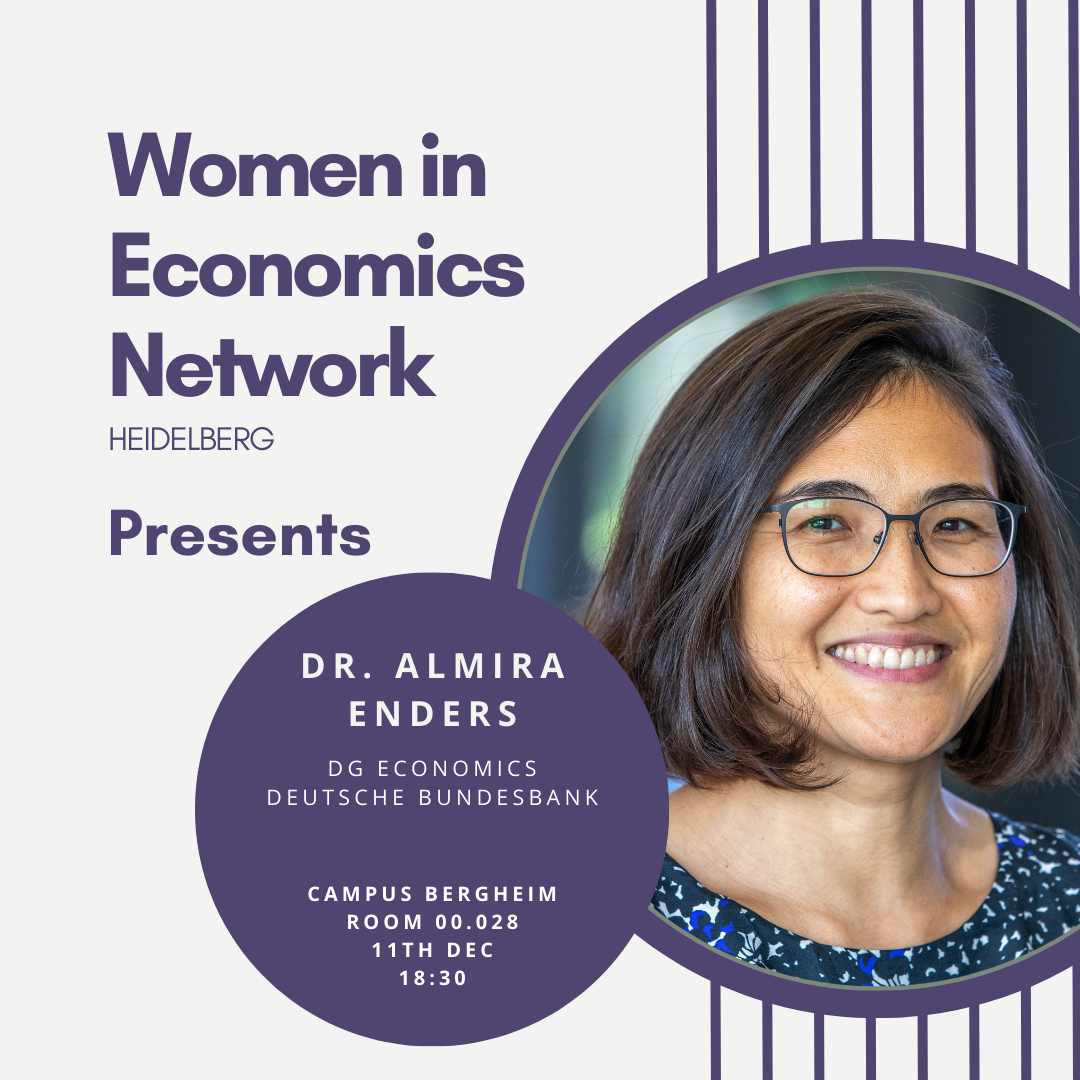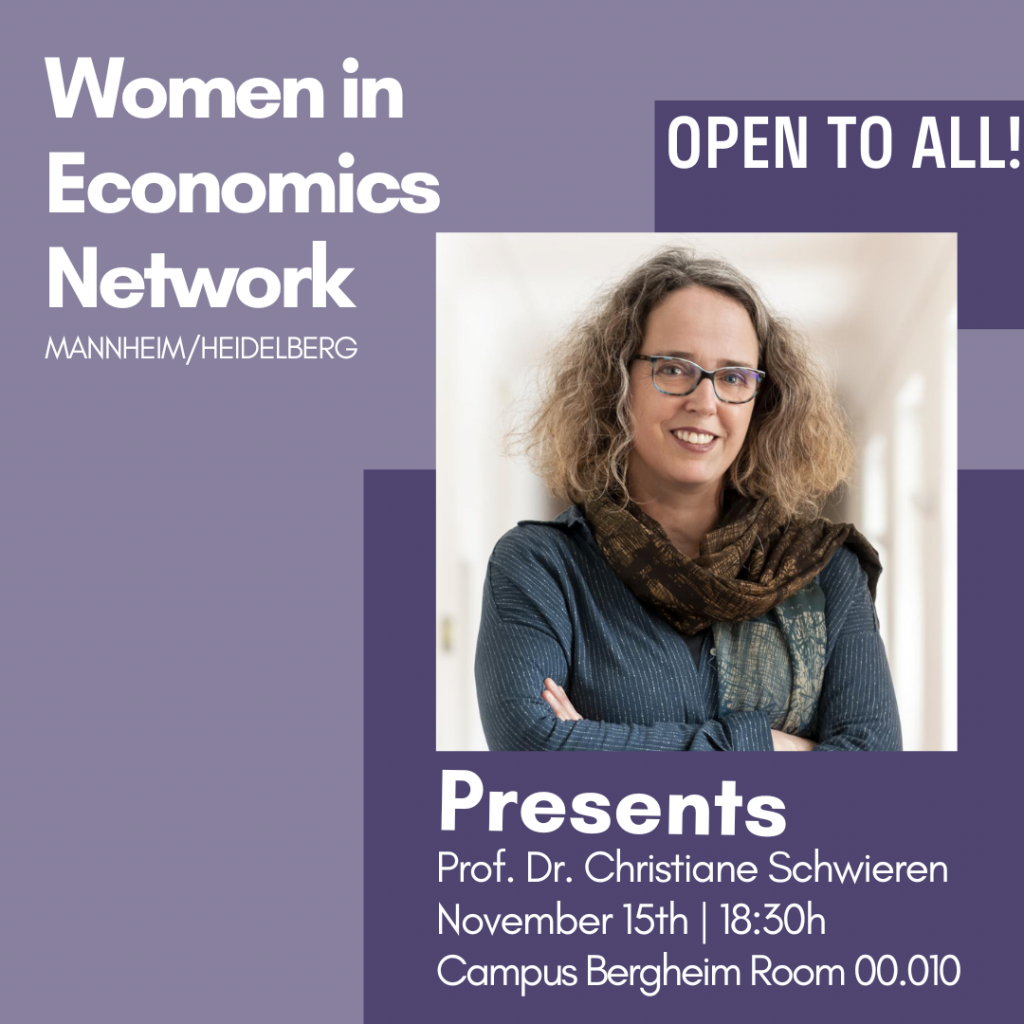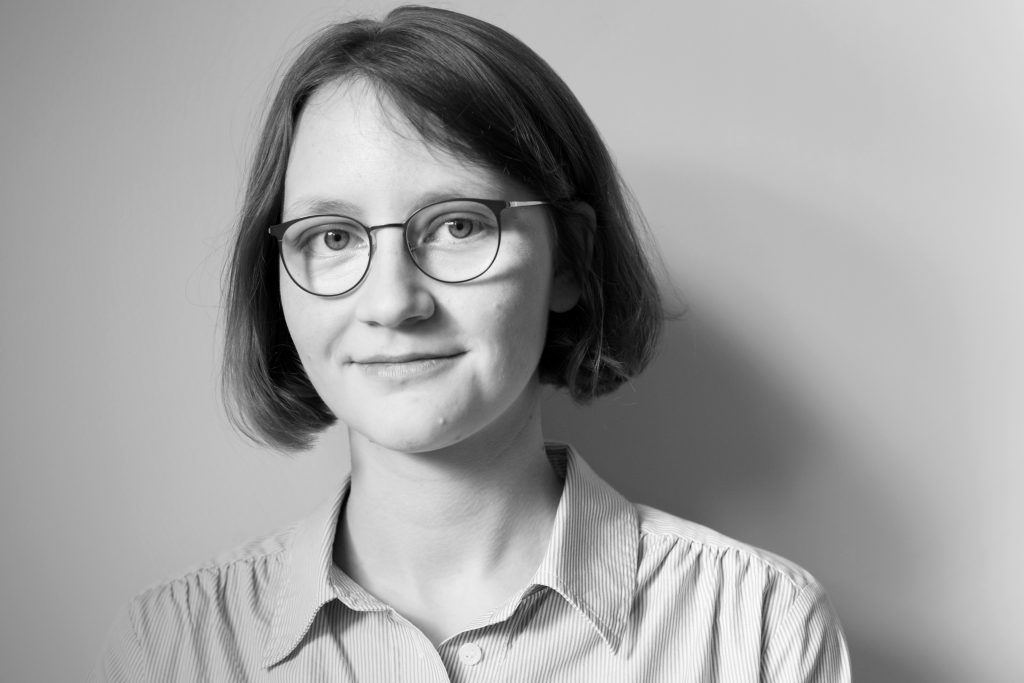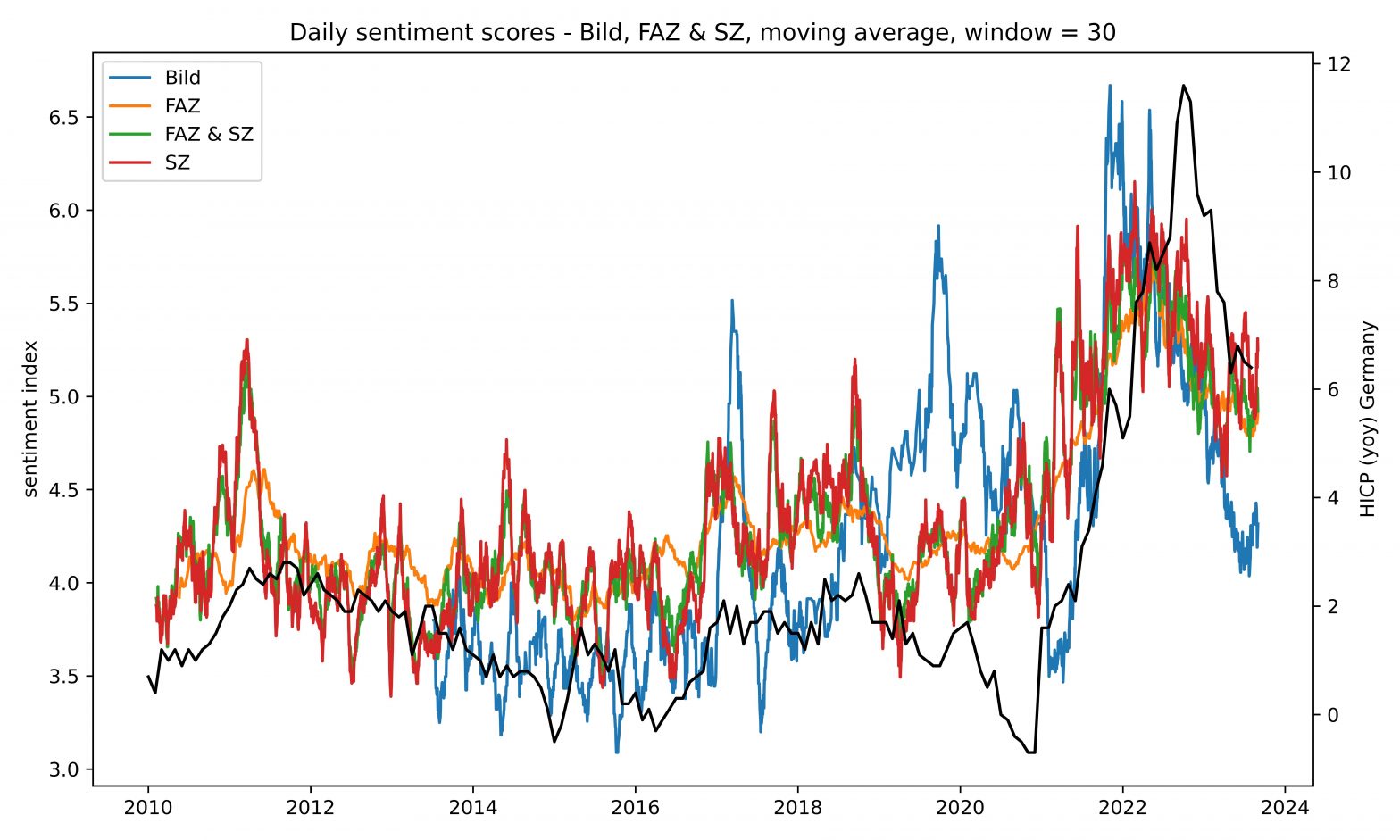As of September 2025 I will be joining the ECB Economist Graduate Programm in DG-Economics.
*<:D
News
Different newspapers, different expectations: My new working paper is out
I’m happy to share that my second working paper (and therefore the second chapter of my PhD thesis!) is now available on this webpage. In the economic expectations literature, it is a well-established fact that there are persistent differences in households‘ inflation expectations. In my paper, I explore the role of mass media as a possible driver of this heterogeneity. I collect German newspaper articles and construct newspaper-specific indicators by extracting their sentiment towards inflation with OpenAI’s large language model, ChatGPT-3.5. In a forecasting exercise, I test if some of the newspapers are more informative for the expectations of specific socioeconomic groups of households. Indeed, indices based on Germany’s most popular tabloid – Die Bild – are performing better in forecasting low-income and less-educated households‘ expectations, while the opposite holds true for the more reputable daily newspapers, Frankfurter Allgemeine Zeitung and Die Süddeutsche Zeitung.
New SUERF Policy Brief
Read about our latest insights on the transmission of supply shocks in different inflation regimes in our new SUERF Policy Brief – co-authored with Zeno Enders.
New Banque de France Working Paper
Désormais avec un résumé en français! – „The Transmission of Supply Shocks in Different Inflation Regimes” is out now as Banque de France Working Paper. Jetez-y un coup d’œil!
New VoxEU Column
Check out our new VoxEU column, a collaborative effort with Zeno Enders, discussing the impact of inflation volatility on the pass-through of supply shocks to consumer prices. This policy brief highlights insights from our latest CESifo and Banque de France working paper.
New CESifo Working Paper
I’m happy to announce that our paper The Transmission of Supply Shocks in Different Inflation Regimes – joint work with Zeno Enders, is now available as CESifo working paper! We find that the impact of supply shocks on consumer prices is contingent upon the level of inflation volatility. Enjoy the read!
Women in Economics presents: Dr. Almira Enders
I am very excited about our next guest at Women in Economics Heidelberg: Dr. Almira Enders! She is the Deputy Head of the International and Euro Area Macroeconomic Analysis Division at the German Bundesbank and will talk with us about her work and the Bundesbank as a potential employer for our promising students. Join us on Monday, December 11, at 18:30 in room 00.028 at the Bergheim Campus. Looking forward to learning more about Almira’s inspiring career as an economist!

Women in Economics Heidelberg presents:
As part of our newly founded student’s initiative Women in Economics Heidelberg, I’m happy to announce our first public event. We invite Prof. Christiane Schwieren from Heidelberg University to talk about her research and her experiences as female economist. Everybody is welcome to join us on November 15, at 18:30 in room 00.010, Bergheimer Str. 58, Heidelberg.

Hello World!

I’m a PhD candidate in economics at Heidelberg University. My research focuses on empirical macroeconomics and I’m interested in the application of machine learning techniques.


